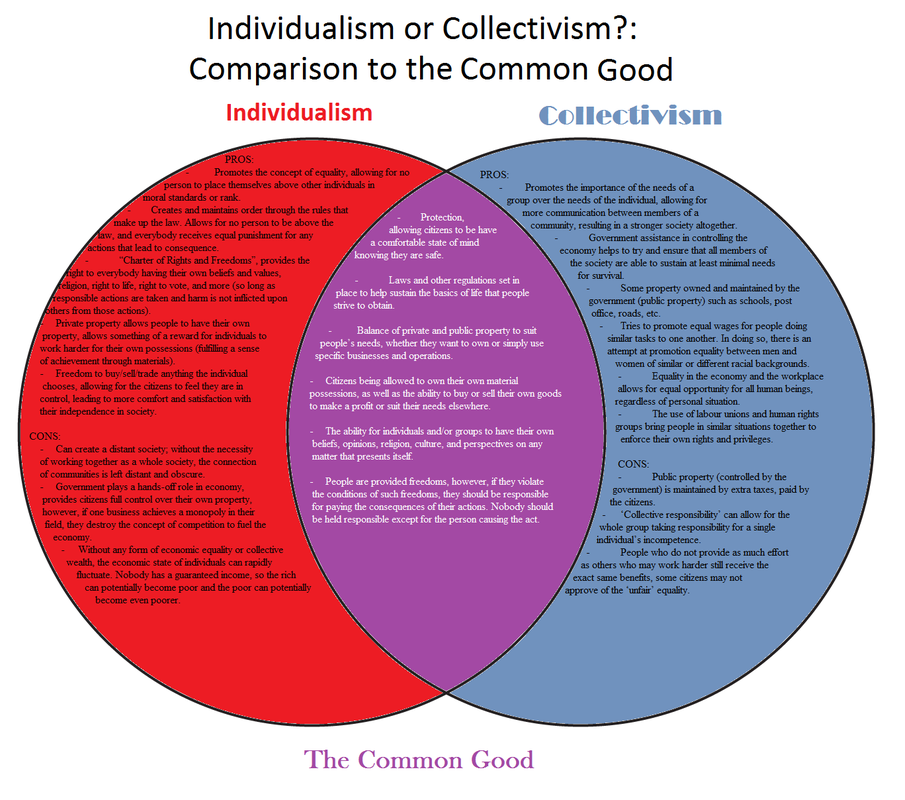

Skokie’s corporation counsel Harvey Schwartz, one of the most honorable lawyers I had ever faced, and co-counsel Gilbert Gordon, an equally honorable lawyer, presented their case aggressively but fairly and without rancor. The tense courtroom was packed with onlookers and press. The preliminary injunction hearing started the next morning and lasted the entire day.

His anticipation of the blowback against the ACLU’s involvement in the case proved to be prescient. Therefore I am ordering you to take the case so that when anyone comes after you, they will have to come after me, too.” His immediate and steadfast support was emblematic of the support of the entire ACLU throughout the case. Knowing I was Jewish, he responded, “David, I don’t think you fully understand how unpopular this case and your representation of the Nazis are going to be. (Ed was a committed civil libertarian, a partner in a prominent Chicago law firm, and a respected leader on the Illinois ACLU’s board.) He listened quietly and, much to my surprise, said, “David, I order you to take this case.” Taken aback, I asked him why he was ordering me to do something so obviously within my authority to decide. Still, it was also obvious that the case would be controversial, so I immediately telephoned Illinois ACLU General Counsel Ed Rothschild to tell him that we were about to take the case. In other words, the power to censor Nazis includes the power to censor protesters of all stripes and to prevent the press from publishing embarrassing facts and criticism that government officials label as “fake news.” Ironically, Skokie’s efforts to enjoin the Nazi demonstration replicated the efforts of Southern segregationist communities to enjoin civil rights marches led by Martin Luther King during the 1960s. Central to the ACLU’s mission is the understanding that if the government can prevent lawful speech because it is offensive and hateful, then it can prevent any speech that it dislikes. While any effort to censor by punishing a speaker after the fact is likely to violate the First Amendment, preventing the speech ahead of time is even more likely to violate the Constitution, even where the anticipated speech is profoundly offensive and hateful. The First Amendment principles that apply to prior restraints are straightforward. In non-technical language, this meant that Skokie wanted to find a way to stop the Nazis from speaking before they had a chance to articulate their message. The demonstration was to last for about 30 minutes, after which the Nazis would return to their headquarters on the south side of Chicago.Įverything that the village did in opposition to the assembly boiled down to the same thing: Skokie wanted what is known to lawyers as a “prior restraint” against any Nazi speech in Skokie. They were going to appear in Nazi uniforms with swastika armbands, carrying Nazi banners and signs with the words “Free Speech for White People.” Collin said they selected Skokie to protest decisions by Chicago-area park districts, including Skokie’s, barring them from holding a demonstration in Chicago area parks. Skokie had scheduled a hearing for the next morning.Īccording to Collin, the demonstration was to consist of 25-50 party members demonstrating in front of the Skokie Village Hall. He said that he had just been served with a lawsuit filed by Skokie in state court seeking to block his group’s planned demonstration in the village the following Sunday. It all started on Wednesday, April 27, 1977, when I received a phone call from Frank Collin, the Nazi leader, a man who, by all outward appearances, seemed to be an ordinary person with no distinguishing features - until, of course, he launched into his racist and anti-Semitic diatribes.


 0 kommentar(er)
0 kommentar(er)
